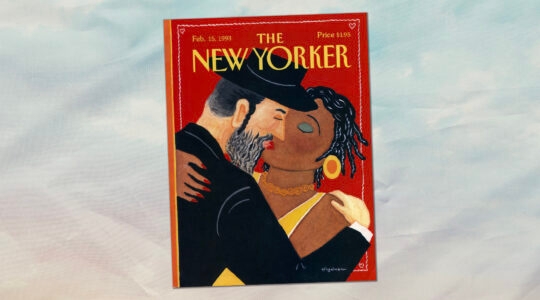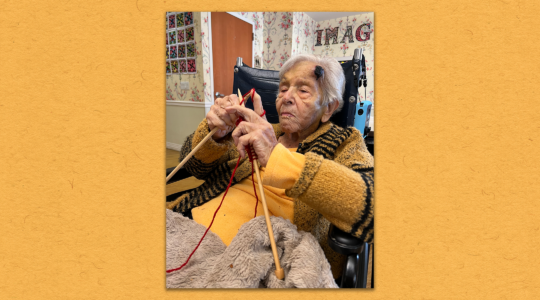Nitsana Darshan-Leitner is an Israeli activist attorney who is president of the civil rights organization Shurat HaDin – Israel Law Center, which has represented hundreds of terrorism victims in legal actions against terrorist groups and their supporters. She has helped to recover $200 million in compensation on the victims’ behalf as her organization seeks to bankrupt hate groups in the Middle East. She and co-author Samuel Katz have written the newly published book, “Harpoon: Inside the Covert War Against Terrorism’s Money Masters” (Hachette Books).
How did the 9/11 terrorist attacks change the U.S. relationship with Israel and the way the U.S. dealt with global terrorist threats?
The U.S. had been fighting terrorism, but not so intensely. So, 9/11 was a real wakeup call. The U.S. began to look to the Israelis to see what methods they employed because they were on the front lines in the war against terrorism.
In the fight against terrorists, Israel assassinated bankers, financiers and bag men across the globe. How many since 9/11?
Not everything can be revealed. But there were a bunch of money men and high-profile financiers from ISIS, Hamas, the Islamic jihad and the PLO. It’s still going on and many are being threatened and intimidated. There are no more white-collar jobs among terrorist organizations — everyone is a target.
A hotel video camera actually recorded a suspected Israeli agent leaving an elevator on his way to assassinating a Hamas financier in Dubai.
I think we have to give a lot of credit to the head of police in Dubai. Perhaps the Israelis underestimated the talent of law enforcement there — if indeed it was a Mossad operation.
Why was it critical for the U.S. and Israel to team up to wage this warfare?
America has techniques Israel wanted to use, and it has access Israel does not have. For instance, the U.S. has access to the international banking system based in Belgium that is a clearing center for wiring international financial transactions.
In the late 1990s, Israel realized that many people were coming to Israel from the U.S. with suitcases full of cash and delivering it to Hamas and the Islamic Jihad in the West Bank and Gaza. Israel asked the U.S. to investigate where the money was coming from and found that it mostly came from charities and foundations in Arab communities in the U.S. All the transactions were in dollars, but since it only affected Israel, nobody cared. That all changed after 9/11 mainly due to the appointment of Stuart Levey as the deputy undersecretary for the Treasury. He agreed to work with Meir Dagan, the former head of the Mossad … to obstruct money from going to terrorist organizations.
At the time of Yasir Arafat’s death it was reported that he had millions of dollars secreted in overseas bank accounts. But you say he would have had more had Israel not intervened.
Every dollar donated to the Palestinian Authority by the naïve European countries was considered by Arafat to be his personal money. The fact that Arafat was stealing it and using it for terrorism infuriated Dagan and [then Israeli Prime Minister Ariel] Sharon. So, they had foreign businessmen approach Arafat’s financial adviser, Mohammad Rashid, and offer him investment opportunities with a high interest rate in a country in South America. Rashid went to Arafat and encouraged him to invest more and more of his money. It went on for about two years until one day Rashid called the company and it suddenly disappeared along with hundreds of millions of Arafat’s money.
In the book, you also describe the importance of money in the 2014 Israel-Hamas Gaza war.
A month into the war, families of Hamas combatants started to complain that they didn’t have any money. So Hamas sent a money man to bring money to the Gaza Strip. Israel tracked his car when he returned to the Gaza Strip and fired a missile that incinerated him and the $13 million in cash he was carrying. I saw the video; it was like a New York ticker-tape parade with hundred dollar bills flying in the air before it was incinerated. With no money to pay combatants’ families, Hamas had no choice but to negotiate a cease-fire.
The New York Jewish Week brings you the stories behind the headlines, keeping you connected to Jewish life in New York. Help sustain the reporting you trust by donating today.




